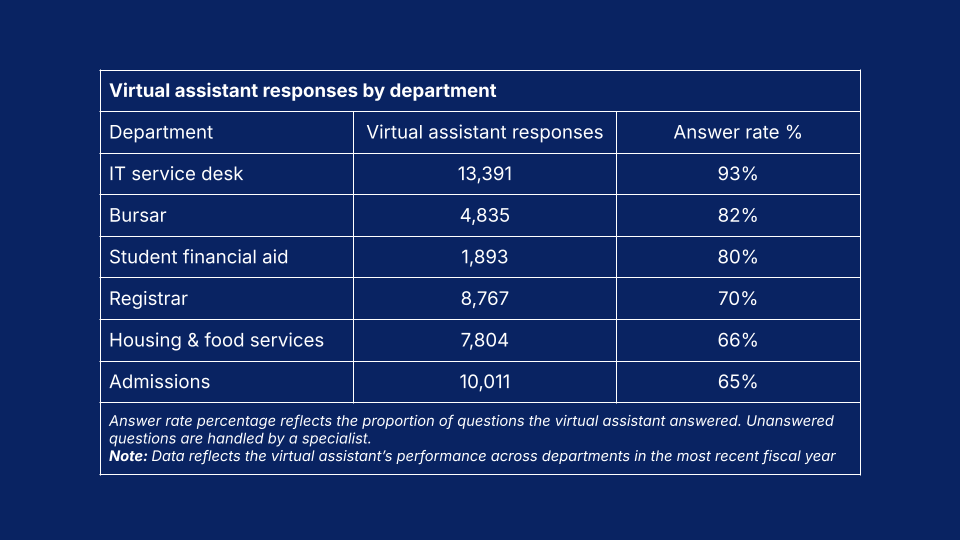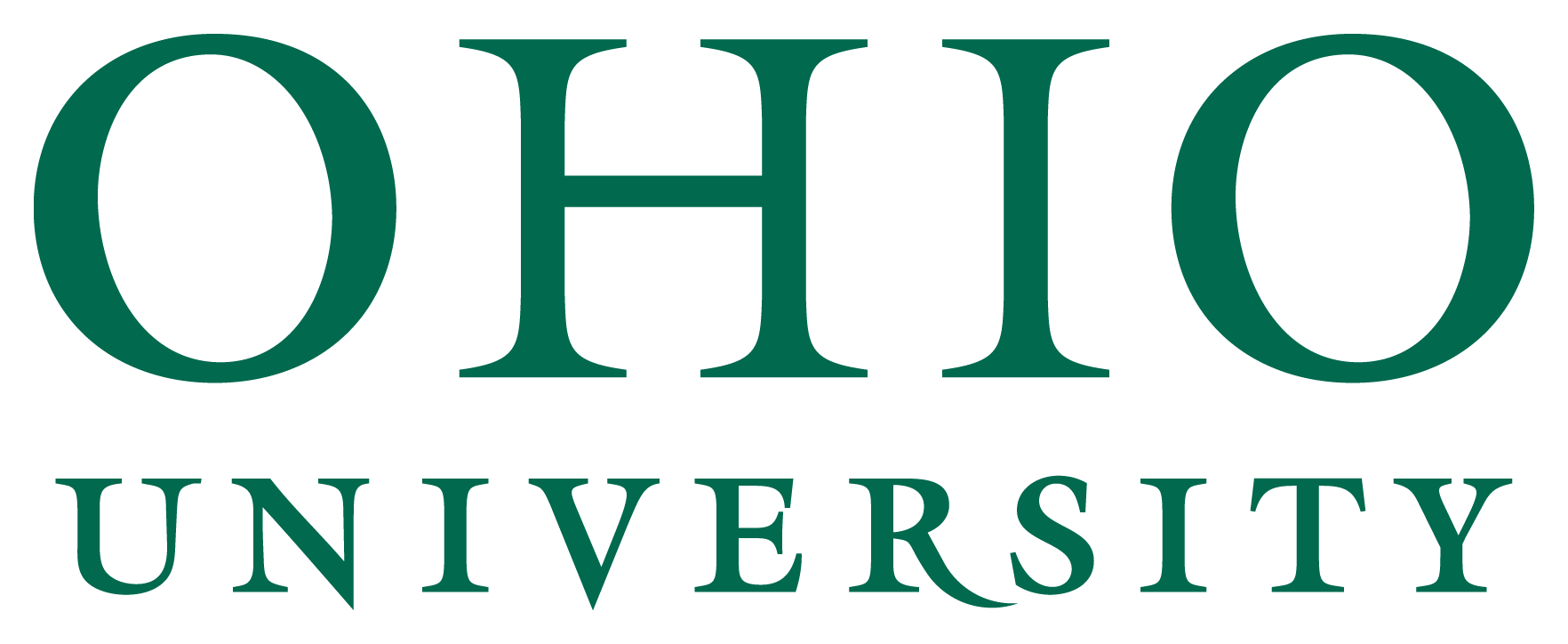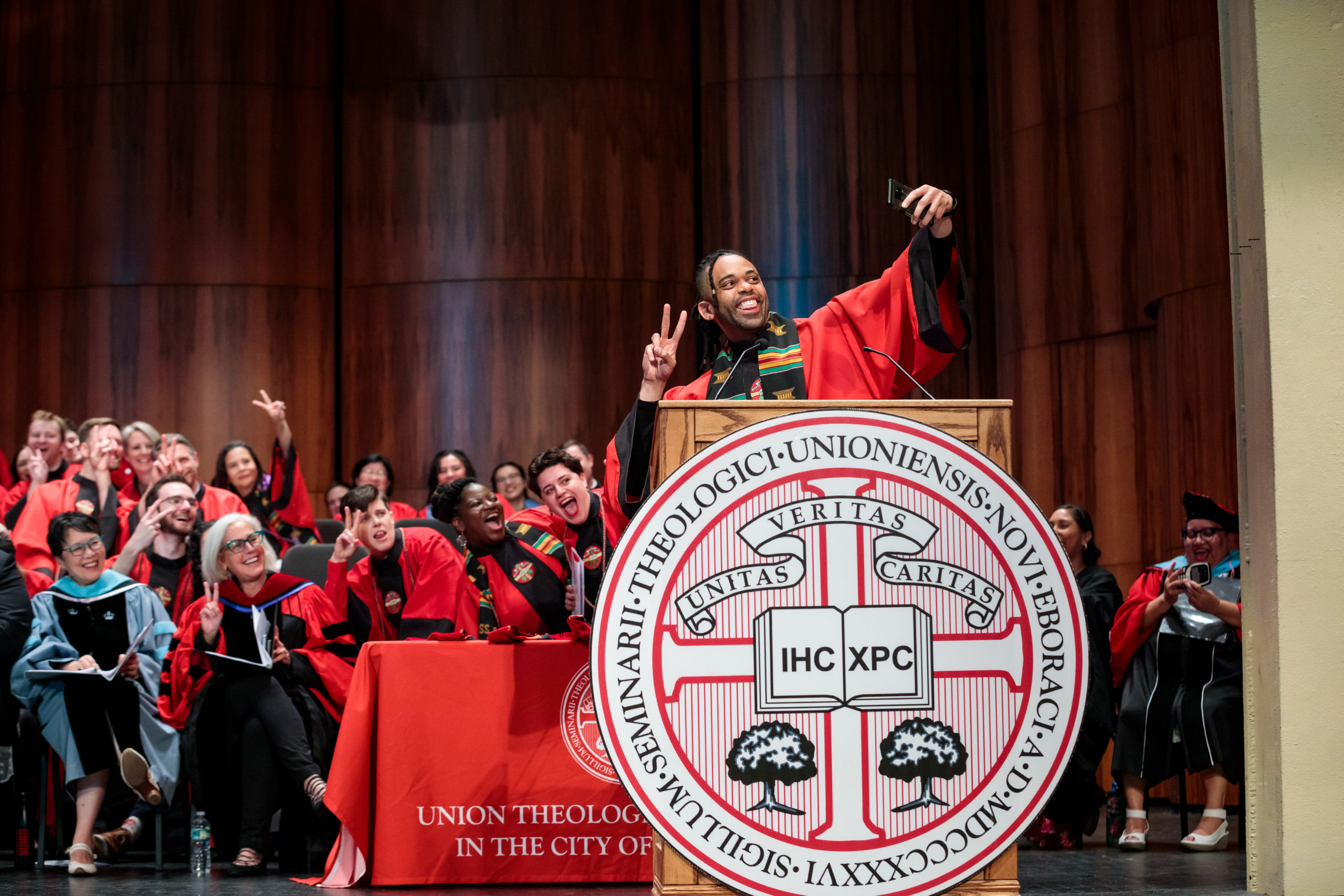How Penn State transformed student services with AI-powered support

47k
Questions from students answered in one year
93%
Accuracy rate in student inquiries achieved across key service areas
6
Departments unified under one AI-powered solution
About Penn State University
Founded in 1855, Penn State University is one of the nation’s leading public research institutions, serving more than 88,000 students across 24 campuses. With a mission rooted in teaching, research, and public service, Penn State continues to lead with innovation, creating new pathways to connect, support, and empower its students and staff.
The challenge: Managing complex student inquiries across multiple departments
Penn State’s administrative offices—including the Bursar, Registrar, Admissions, and Financial Aid—field thousands of student inquiries daily. From billing and registration to housing and financial aid, staff were inundated with repetitive questions that limited their capacity for high-touch, personalized support.
As inquiry volumes grew, so did the need for a unified solution that could:
- Streamline information delivery across departments.
- Reduce response times and call volume.
- Provide 24/7 support that complemented staff expertise.
Penn State sought an innovative, scalable approach that would not only improve efficiency but also deliver an elevated student experience across every touchpoint.
The solution: A cross-departmental virtual assistant strategy
To meet these challenges, Penn State implemented LionChat, an AI-powered virtual assistant built with Ivy & Ocelot from Gravyty (formerly Ivy.ai). Designed to enhance productivity and improve service quality, LionChat combines generative AI responses with custom content curated by Penn State’s own departmental experts—ensuring students receive accurate, context-aware support at any time.
Collaborative Implementation
Rather than a one-size-fits-all rollout, Penn State took a strategic, phased approach. Each department tailored LionChat to meet its unique needs, while maintaining a consistent student experience across the university.
Office of the Registrar (OUR):
The Registrar’s team configured LionChat with guided “hot buttons” to help students navigate questions related to registration, transcripts, and academic records. By integrating with the student information system (SIS) and refining responses through ongoing testing, the team ensured every interaction was efficient and accurate.
*Hot buttons are buttons that appear when a user opens the virtual assistant to help guide the conversation. For example, having “Undergraduate” and “Graduate” hot buttons allows the virtual assistant to understand what type of student the user is to ensure they get the appropriate information.
Office of Student Aid (OSA):
A dedicated Bot Liaison coordinated updates across five content areas, maintaining consistency through a centralized knowledge base. Regular reviews and updates ensured financial aid information remained current, reducing confusion and call volume during high-demand periods.
Undergraduate Admissions:
Admissions structured hot button topics around applicant types and frequently asked questions. By collaborating with marketing, CRM, and analytics teams, the office created a seamless support experience from application through enrollment.
IT Service Desk and Other Offices:
Beyond enrollment management, LionChat expanded to support IT, housing, and student services, helping teams automate routine support and focus on more complex student needs.
Ongoing Maintenance and Optimization
Each office dedicates 3–5 hours per week to reviewing interactions, refining responses, and updating content. Regular cross-department meetings and data reviews ensure LionChat continues to evolve alongside student needs—keeping information consistent, relevant, and student-focused.
The outcome: Smarter service, stronger connections
Since launching LionChat, Penn State has seen measurable gains in both service efficiency and user satisfaction. By combining the power of AI with deep institutional knowledge, the university has transformed how it supports students, reducing bottlenecks and creating faster, more accurate pathways to answers.

Together, these departments handled nearly 47,000 inquiries in a single year. This has freed staff time in order to focus on personalized, high-impact interactions.
LionChat’s success has been driven by several key strategies:
Beyond the metrics, LionChat has fostered a stronger sense of connection across departments—aligning teams around a shared goal of improving the student experience.
Penn State
Solution spotlight
Gravyty is the AI-powered engagement platform purpose-built for higher education, K-12 schools, and nonprofits. From first engagement to first gift, Gravyty empowers institutions to deliver smarter, faster, and more personalized engagement at every step of the student and donor journey. With solutions for 24/7 student support, alumni engagement, fundraising and stewardship, Gravyty helps teams scale their impact, break down silos, and provide always-on support without burning out staff.
Ivy & Ocelot from Gravyty empowers colleges and universities to deliver always-on, high-touch communication across every corner of campus – without increasing staff workload. From multilingual support to data-powered insights, Ivy & Ocelot helps institutions drive meaningful engagement with students, athletes, alumni, and staff alike.



